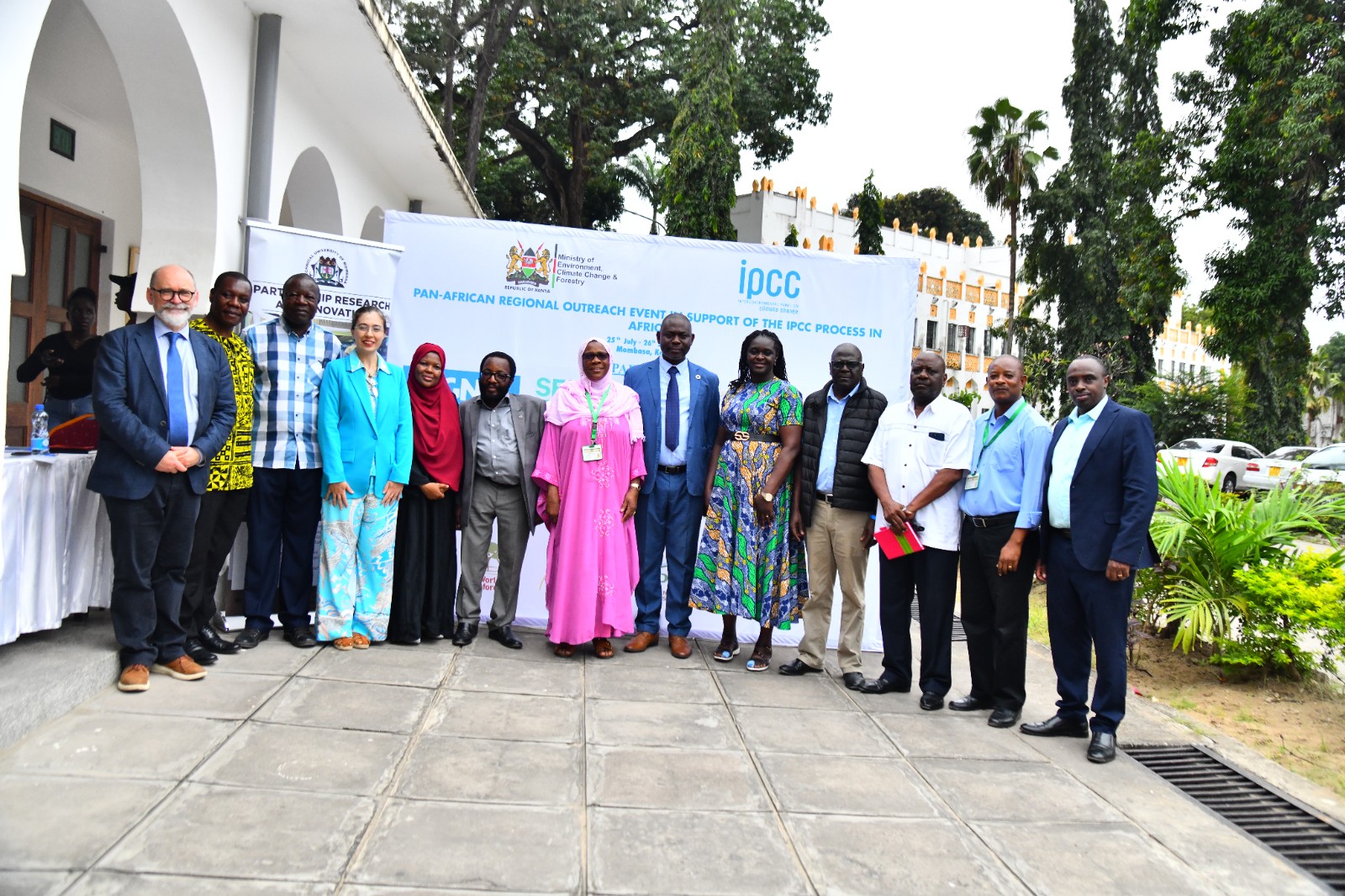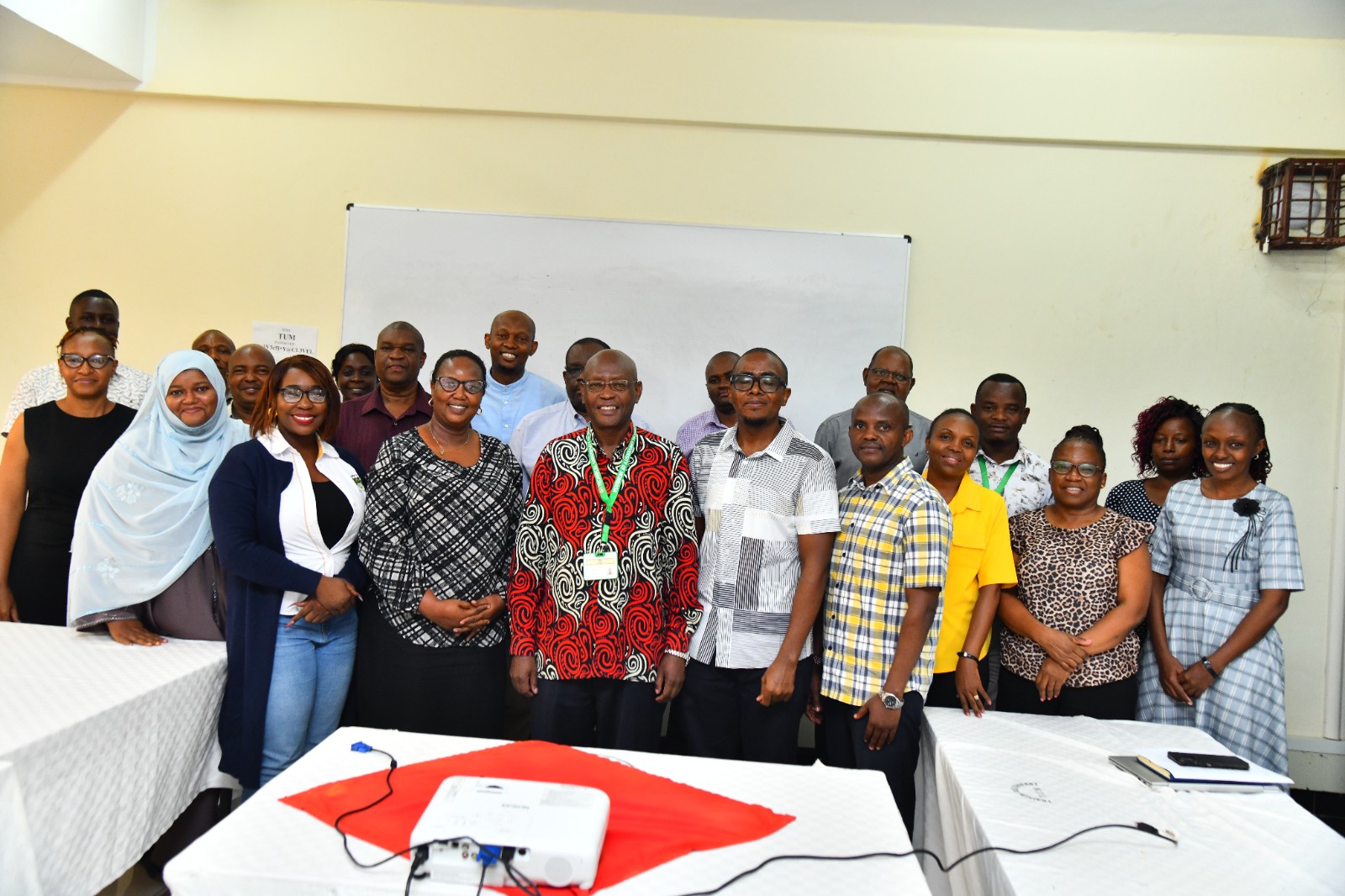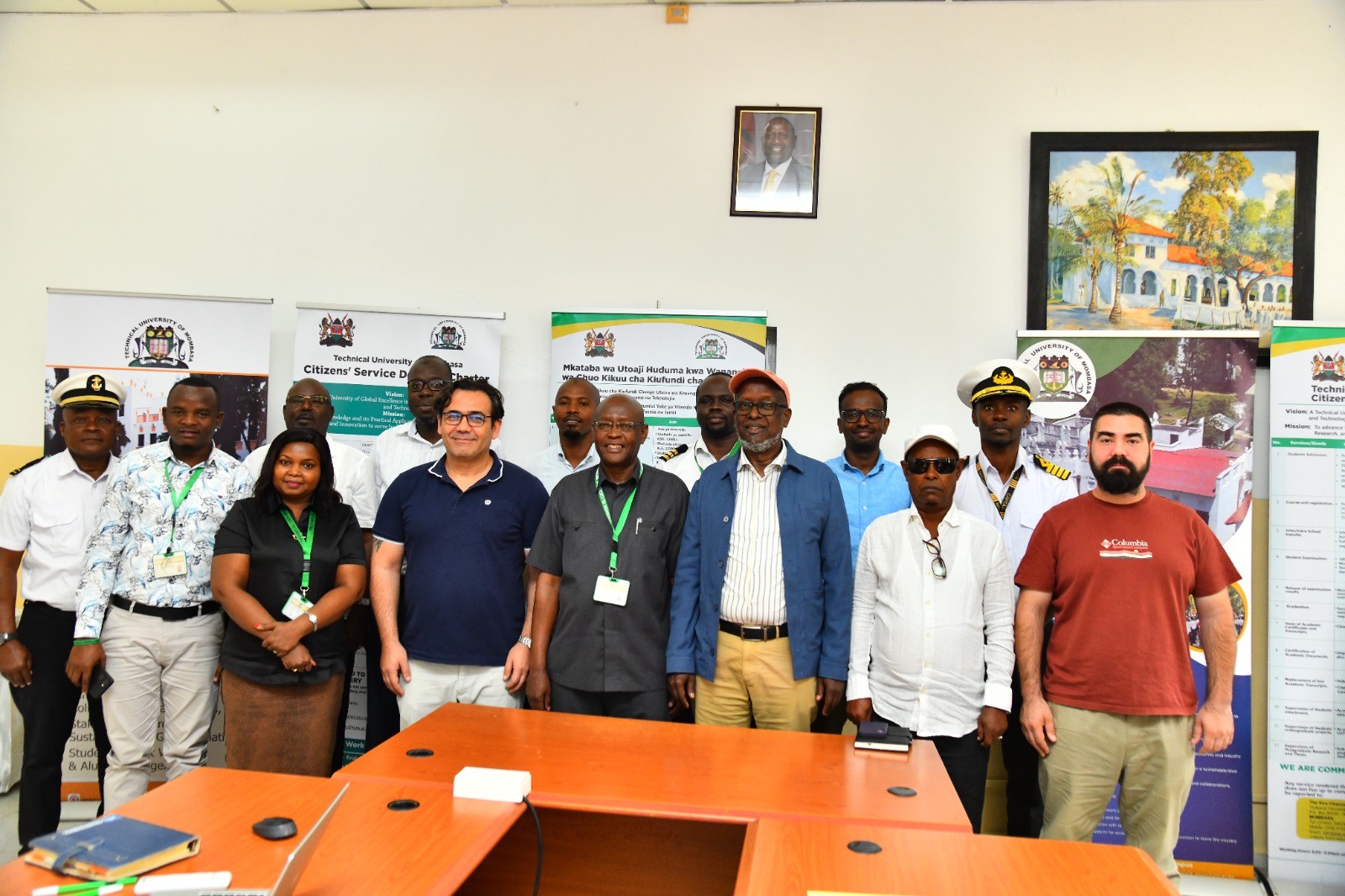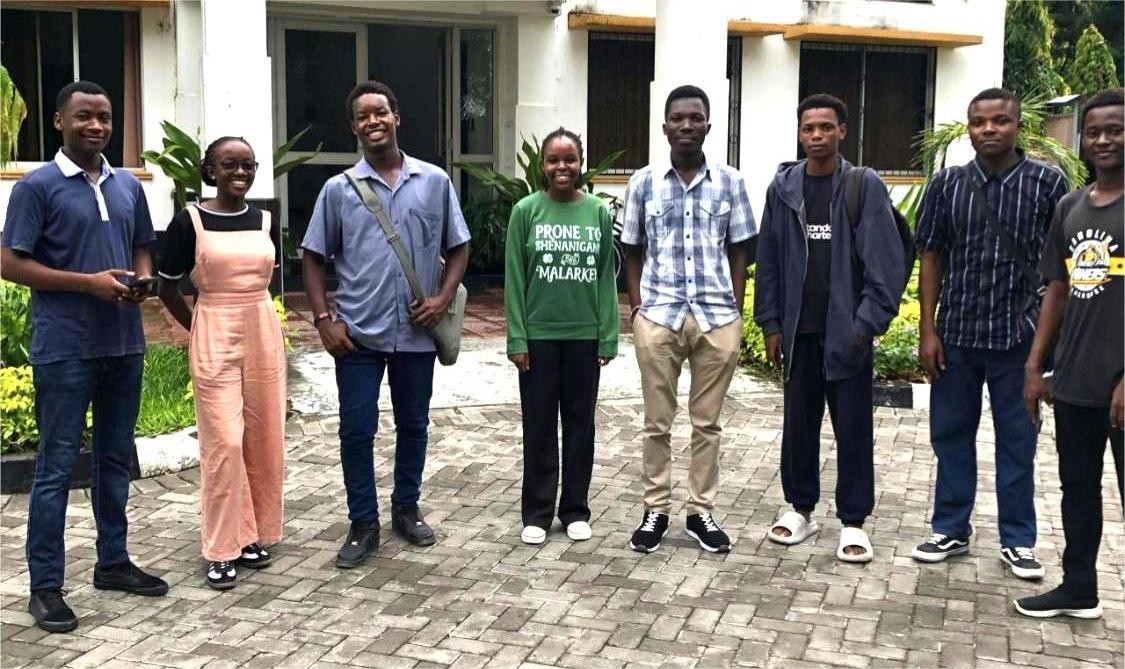Representatives from the Government, academia, and research institutions from across Africa gathered at the Technical University of Mombasa (TUM) on 25th and 26th July for a Pan-African regional outreach event aimed at strengthening Africa’s voice in the Intergovernmental Panel on Climate Change (IPCC) process. Organized by the Kenyan Ministry of Environment, Climate Change and Forestry with support from the IPCC, the event focused on sharing knowledge about the IPCC’s assessment cycles and exploring how African stakeholders can better engage and contribute to global climate change reports.
Prof. Cosmas Munga from TUM mobilized local participants for the event, which brought together policymakers, scientists, researchers, and climate experts. The sessions included panel discussions, networking opportunities, and interactive Q&A segments that encouraged active participation and collaboration.
During a keynote speech, Dr. David Gikungu, Director of Kenya Meteorological Services, highlighted the urgency for Africa to take proactive climate action. He noted that recent IPCC findings reveal Africa is warming faster than the global average, and since the continent hosts half of the world’s most vulnerable nations, there is a critical need for tailored climate responses aligned with Africa’s unique priorities.
The TUM Vice Chancellor, Prof. Laila Abubakar, emphasized how climate change is already impacting the Mombasa region, with rising temperatures affecting local ecosystems. She underlined TUM’s commitment to climate action through research and the work of its Renewable Energy and Climate Change Research Centre (RECCReC), affirming the university’s role in developing solutions for climate challenges.
IPCC Secretary Mr. Abdallah Muksit stressed the importance of inclusive climate action, saying, “No one should be left behind as we all share responsibility for addressing climate change.”
Working Group II Vice-Chair Cromwel Lukorito highlighted the necessity of inclusivity in IPCC reports, stating, “Inclusivity is critical for the credibility of IPCC assessments.” He underscored the need for greater African participation in IPCC processes to ensure the continent’s challenges and perspectives are properly represented.
Ms. Patricia Nying’uro, IPCC Kenya Focal Point and climate scientist, pointed out that past IPCC events had limited African representation, making this outreach event crucial for raising awareness and engaging local universities and institutions in climate discussions and reporting.
Day one of the event was dedicated to networking and capacity building, while day two featured comprehensive presentations on the progress of the IPCC’s Seventh Assessment Report cycle. This included discussions on the Special Report on Climate Change and Cities, contributions from the three Working Groups, and various Methodology Reports. Participants from academia, research, policy, and the private sector shared their perspectives on enhancing IPCC work and improving Africa’s input into future assessments.
Hosting this regional outreach event at TUM was particularly significant as it demonstrates the university’s growing leadership role in climate science research and its commitment to fostering regional collaboration to address Africa’s climate challenges.






